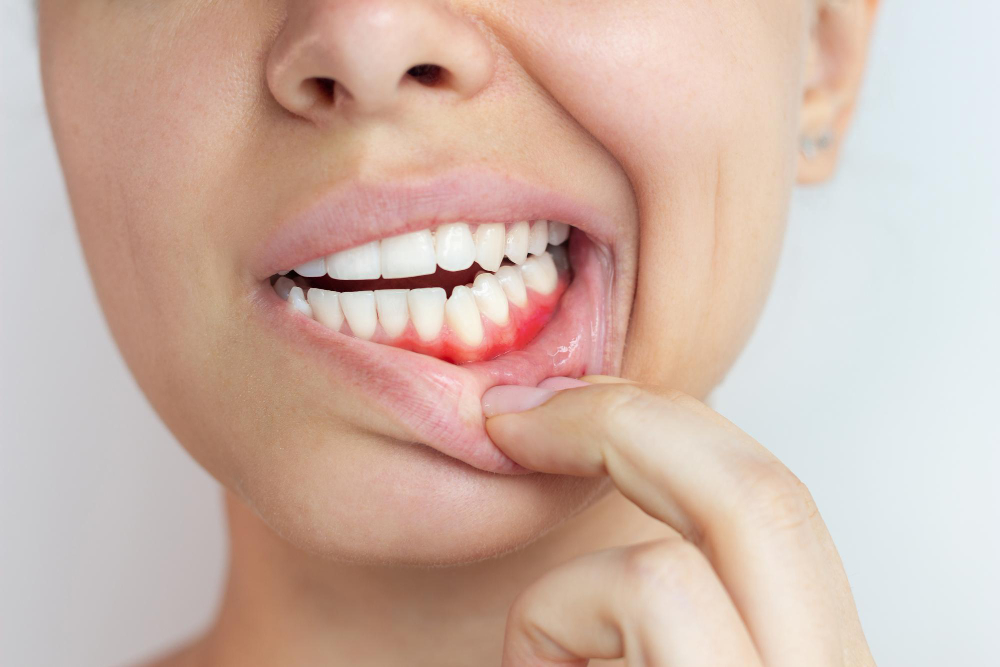Introduction
Gum diseases are common problems that affect many people. These conditions can harm your oral health if not treated early. Gum diseases, such as gingivitis and periodontal disease, can cause pain, swelling, and even tooth loss. However, with good dental care, you can prevent most gum problems. In this blog, you will learn about gum diseases, their symptoms, causes, and how to keep your gums healthy.
What Are Gum Diseases?
Gum diseases are infections or inflammation of the tissues around your teeth. The most common types are gingivitis and periodontal disease. Gingivitis is a mild form that causes red and swollen gums. If not treated, it can turn into periodontal disease, which is more serious. Periodontal disease can damage the bone that supports your teeth. As a result, your teeth may become loose or fall out. Gum diseases are a leading cause of tooth loss in adults.
Common Symptoms of Gum Diseases
It is important to know the signs of gum diseases. Early treatment can help prevent serious problems. Watch for these symptoms:
If you notice any of these signs, you should see a dentist soon. Early action can protect your oral health.
Causes and Risk Factors
Gum diseases usually start with plaque. Plaque is a sticky film of bacteria that forms on your teeth. If you do not remove plaque with daily brushing and flossing, it can harden into tartar. Tartar can only be removed by a dental professional. Over time, plaque and tartar can irritate your gums and cause infection. Several factors can increase your risk of gum diseases, such as:
Because these risk factors can add up, it is important to practice good oral hygiene every day.
How Gum Diseases Are Diagnosed
Dentists use several methods to check for gum diseases. First, they will look at your gums for signs of redness, swelling, or bleeding. Next, they may use a small tool to measure the space between your teeth and gums. Deeper spaces can mean gum disease. Dentists may also take dental X-rays to see if there is bone loss. Early diagnosis helps prevent more serious problems. Therefore, regular dental check-ups are very important.
Treatment Options for Gum Diseases
Treatment depends on how severe the gum disease is. For mild cases like gingivitis, better brushing and flossing may be enough. Dentists may also suggest professional cleaning to remove plaque and tartar. For more advanced gum diseases, you might need:
With early treatment, most people can control gum diseases and keep their teeth healthy. However, advanced cases may need ongoing dental care.
Prevention Tips and Healthy Habits
Good oral health habits can help you avoid gum diseases. Try these simple tips:
Because prevention is easier than treatment, these habits can keep your gums and teeth strong.
When to See a Dentist
If you notice any signs of gum diseases, do not wait. Early care can stop the problem from getting worse. You should see a dentist if you have:
Regular dental visits are the best way to catch gum diseases early. Your dentist at Lumas Dental Care can provide advice and treatment to protect your oral health.
For more information, consult a dentist at Lumos Dental Care for personalized guidance on gum diseases and to keep your smile healthy.

